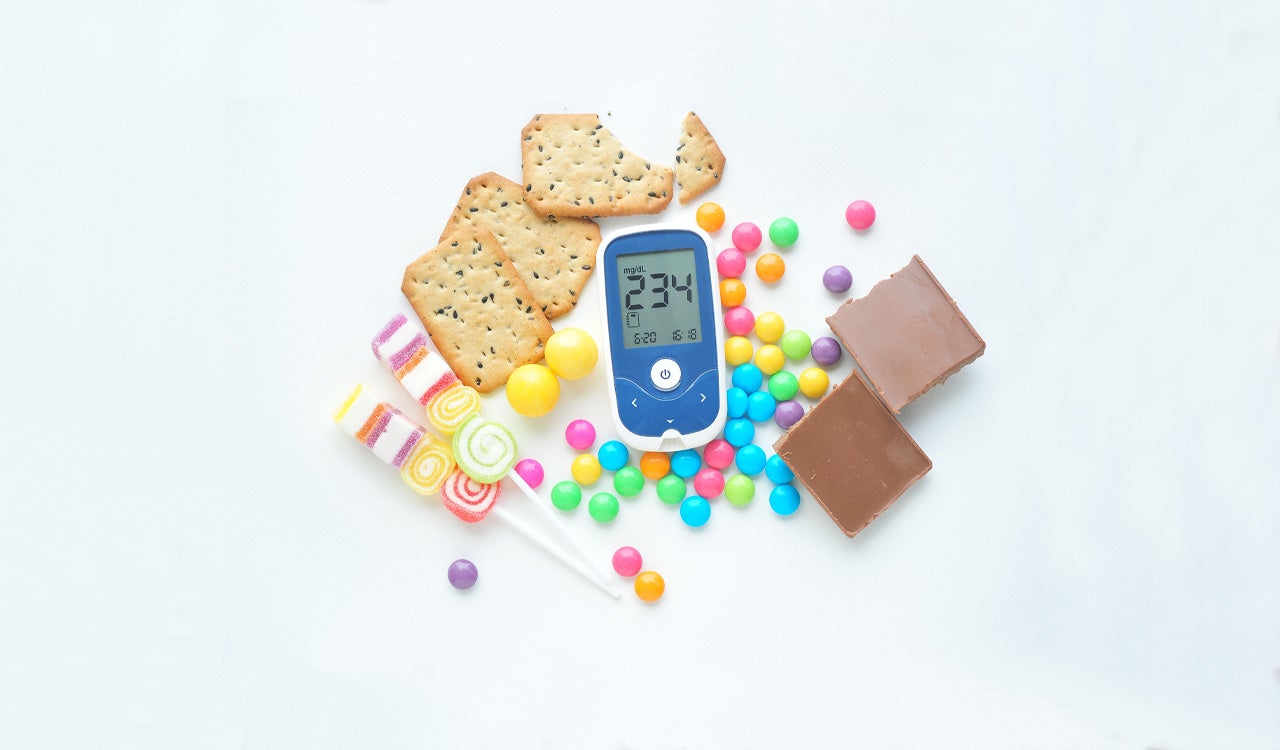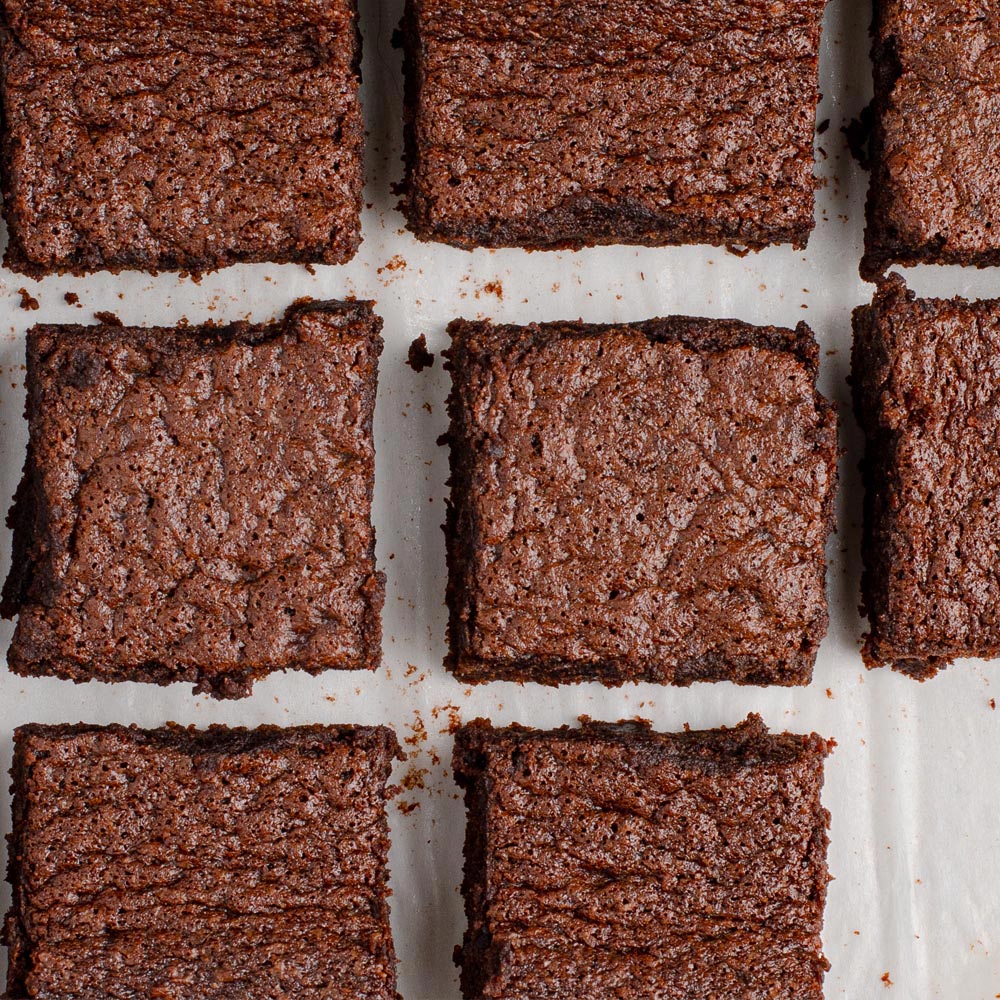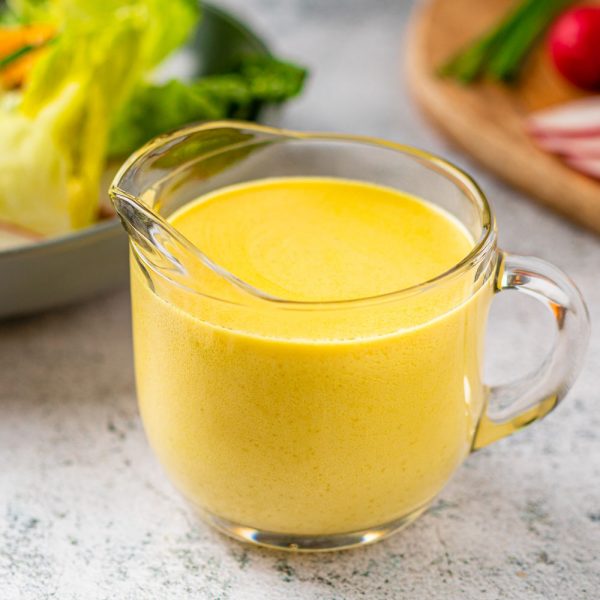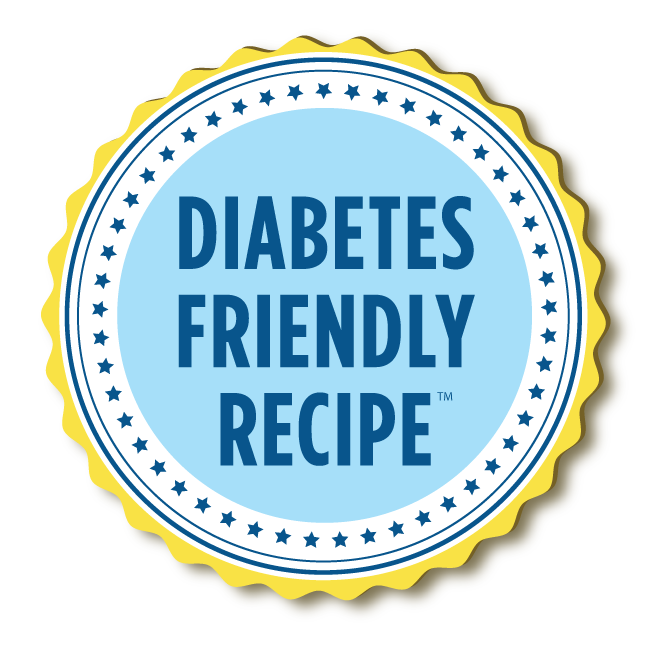Why Is Sugar Bad for You?
June 22, 2022
Most people understand that too much sugar is bad for you. Very few people claim that high-sugar diets are healthy.
But if we want to live healthier lives, knowing sugar is bad might not be enough. We should also ask: why is sugar bad for you?

Knowing that high-sugar intakes are linked to higher risks of heart disease, diabetes, and cognitive decline can motivate us to clean up our diets. If not for us, then for our loved ones who want us around for many years to come.
Fortunately, giving up sugar is simple when you have zero calorie sugar alternatives at hand. You can have your sweets and your health too.
In this article, you’ll learn why sugar causes health problems, which diseases are linked to sugar, and how to replace sugar with healthy sweeteners. First, though, let’s start by defining sugar.
What is Sugar?
The term “sugar” refers to a variety of carbohydrate molecules that possess a sweet taste. These molecules include:
- Glucose
- Fructose
- Maltose
- Lactose
- Sucrose
- High fructose corn syrup
When someone mentions that sugar is bad for you, they’re usually talking about the last two molecules: sucrose and high fructose corn syrup. These molecules—both mixtures of glucose and fructose—are known as “added sugar” or “refined sugar”.
Added sugar is ubiquitous in the modern diet. It’s in cookies, crackers, soups, sauces, and many other packaged foods.
What’s the leading source of added sugar in the American diet? Sugar-sweetened beverages. If we could cut down on sodas, fruit juices, and sports drinks, our collective health would do a joyful jig.

Sugar, Insulin Resistance, and Inflammation
To understand why sugar is bad for you, you need to understand insulin resistance and inflammation. Let’s take these one at a time.
Insulin resistance describes the inability of the hormone insulin to properly regulate blood sugar levels. It’s at the heart of type 2 diabetes.

Where does sugar consumption come in? Well, when someone chronically consumes sugar, their blood sugar can stay chronically elevated. This puts a tremendous strain on insulin, eventually eroding its ability to “clean up” the high blood sugar mess. That’s insulin resistance.
The high blood sugar mess also drives a wave of needless immune activity called chronic inflammation. Chronic inflammation is linked to most modern diseases, and it’s consistently associated with (you guessed it!) high-sugar diets.
Insulin resistance and inflammation underlie many of the health problems in the next section. Keep reading.
Health Problems Linked To High-Sugar Diets
This section should provide a shot of motivation to avoid heavy sugar consumption. The consequences aren’t trivial.
#1: Obesity and type 2 diabetes

Obesity and type 2 diabetes often come together. Both conditions are linked to insulin resistance and inflammation, and both involve runaway fat storage.
Sugar is a clear driver of obesity. As someone’s sugar intake rises, their weight rises along with it.
Why? Because the empty calories in added sugar aren’t filling. You always want more.
Sugar consumption is also linked to type 2 diabetes. In one study following over 90,000 women for eight years, drinking one sugary soda per week translated to an 83% higher diabetes risk compared to drinking one soda per month.
#2: Heart disease

According to a 2018 paper published in the journal Nutrients, one’s risk of heart disease rises 10-20% for each additional sugary drink consumed per day. Given that heart disease is the number one killer worldwide, a 10-20% increase in relative risk is highly significant.
#3: Cognitive decline
If you want to stay sharp through your later years, you should probably avoid sugary foods. Population data suggest that cognitive function declines as sugar consumption rises.
Even in children, researchers have linked high fructose intakes to problems with the hippocampus, a brain region crucial for memory processing.
#4: Cancer
Discovered by Otto Warburg in the 1920s, The Warburg Effect describes the tendency of cancer cells to prefer glucose (sugar) as fuel. Starving them of this fuel, the theory goes, may help starve cancer.
Will eliminating sugar prevent cancer? Not necessarily. But on the whole, lower sugar intakes are associated with lower cancer incidence.
#5: Cavities

The excitable toothbrush from the dental cartoon was right: sugar gives you cavities.
Sugar feeds an oral bacteria called Streptococcus mutans that drives the formation of dental plaque. Unsurprisingly, children who eat lots of sugar develop lots of cavities.
#6: Other conditions linked to high sugar consumption
Need more motivation to skip the sugar? Here are several other health problems linked to high-sugar diets:
- Kidney disease
- Non-alcoholic fatty liver disease (NAFLD)
- A pro-inflammatory gut microbiome
- Alzheimer’s disease
Okay, enough bad news. Let’s move to solutions now.
How To Replace Sugar
If you have a sweet tooth, congratulations: you’re a normal human being. We evolved to enjoy sweet tastes because sugary fruit was a valuable, fattening treat back in prehistoric times.

Of course, fruit in moderation is fine, but when added sugar becomes a major source of calories (i.e., the modern diet), our health pays the price. We just covered that.
Facing this conundrum, we have two paths to a low-sugar lifestyle:
- Try to ignore, suppress, or deny our sweet tooth
- Satisfy our sweet tooth with healthy sugar alternatives
The first path is doable, but it’s hard. It goes against biology.
Why not work with biological preferences and replace the sugar instead? It’s the more pleasurable path, and it doesn’t have any bad consequences.
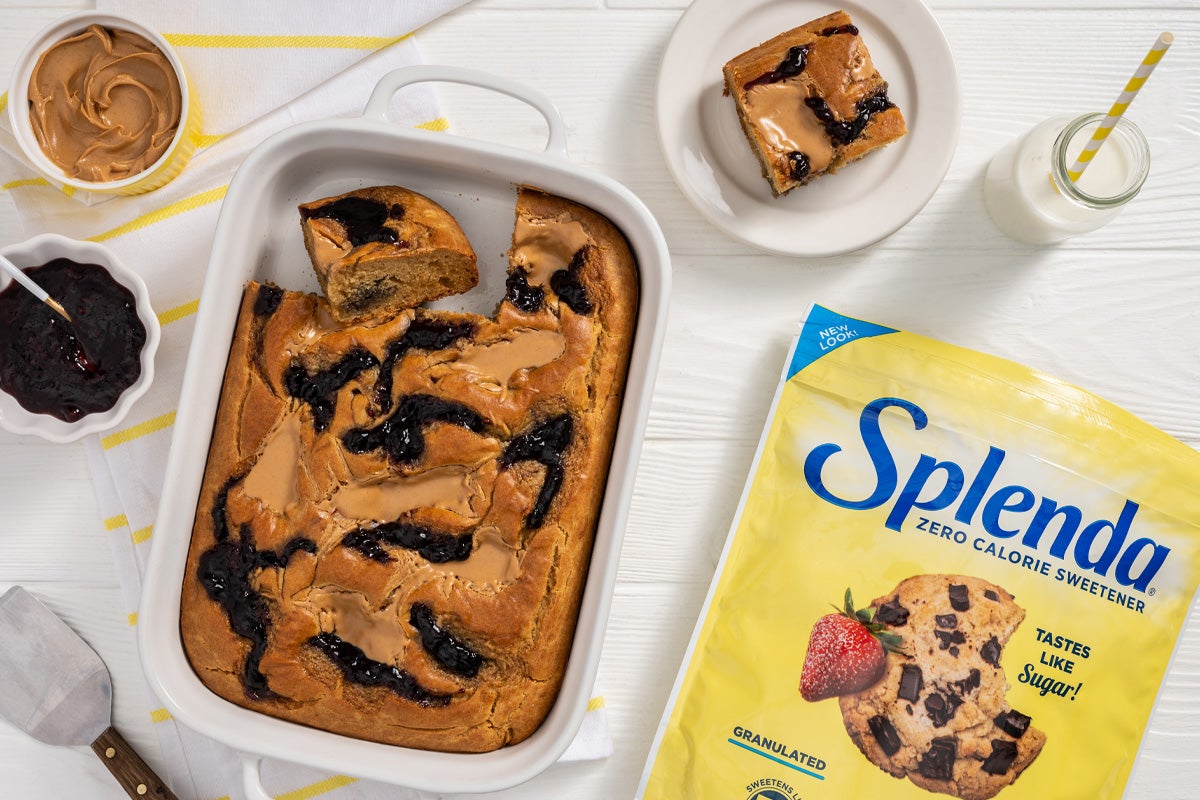
Ideally, a sugar substitute should meet several criteria. It should:
- Contain zero (or practically zero) calories
- Not raise blood sugar or insulin levels
- Be safe and nontoxic for human consumption
- Taste and bake like sugar
There’s one more criterion that, if met, makes your life much easier. What is it? That the sugar substitute should swap 1:1 with sugar in all your favorite recipes.
Splenda Sweetener is the number one sweetener brand recommended by doctors & dietitians* and it meets all of these criteria. Splenda Granulated Sweetener made with Splenda sucralose is zero calories and bakes and measures 1:1 like sugar. Check out all the great-tasting Splenda recipes to get you started swapping out sugar!
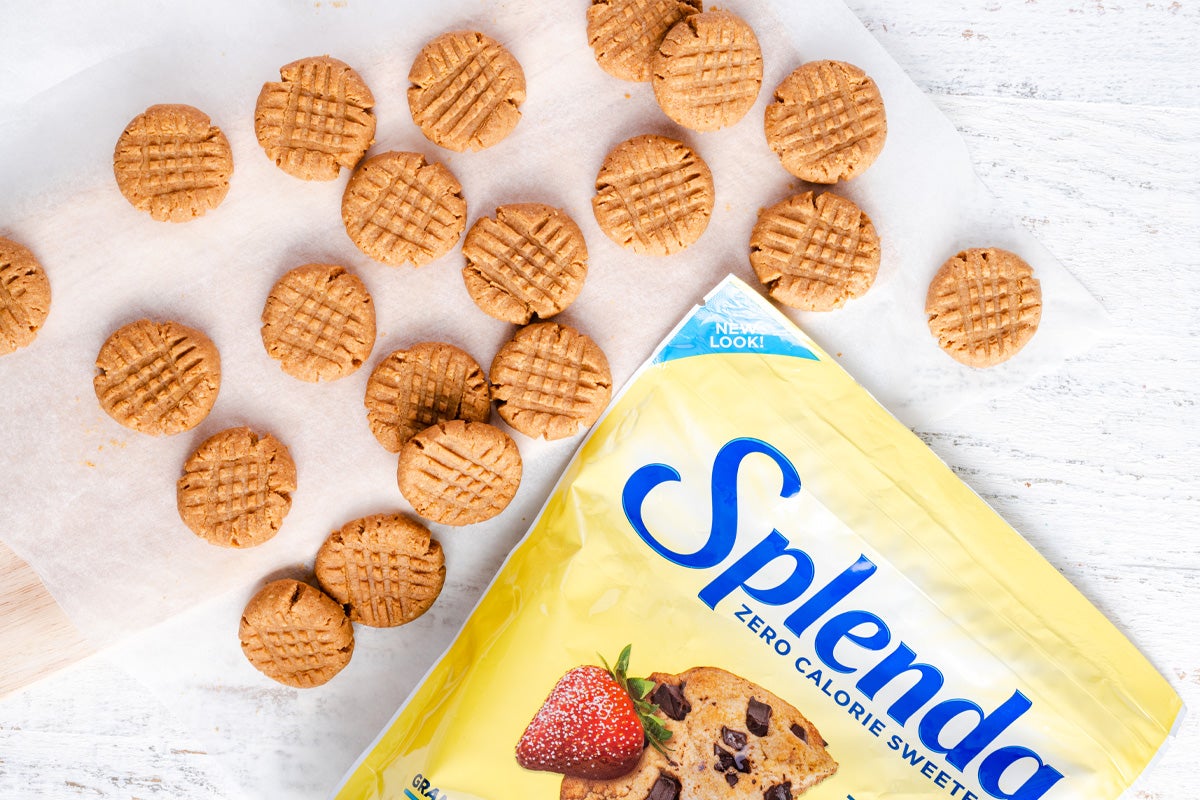
Four natural keto-friendly sweeteners that also meet these criteria: stevia, monk fruit, erythritol, and allulose. You’ve probably heard of them. That’s where Splenda Stevia Sweetener, Splenda Monk Fruit Sweetener, and Splenda Allulose Sweetener come in. They’re sweet, convenient, and guilt-free. And they make cutting back on sugar a snap.
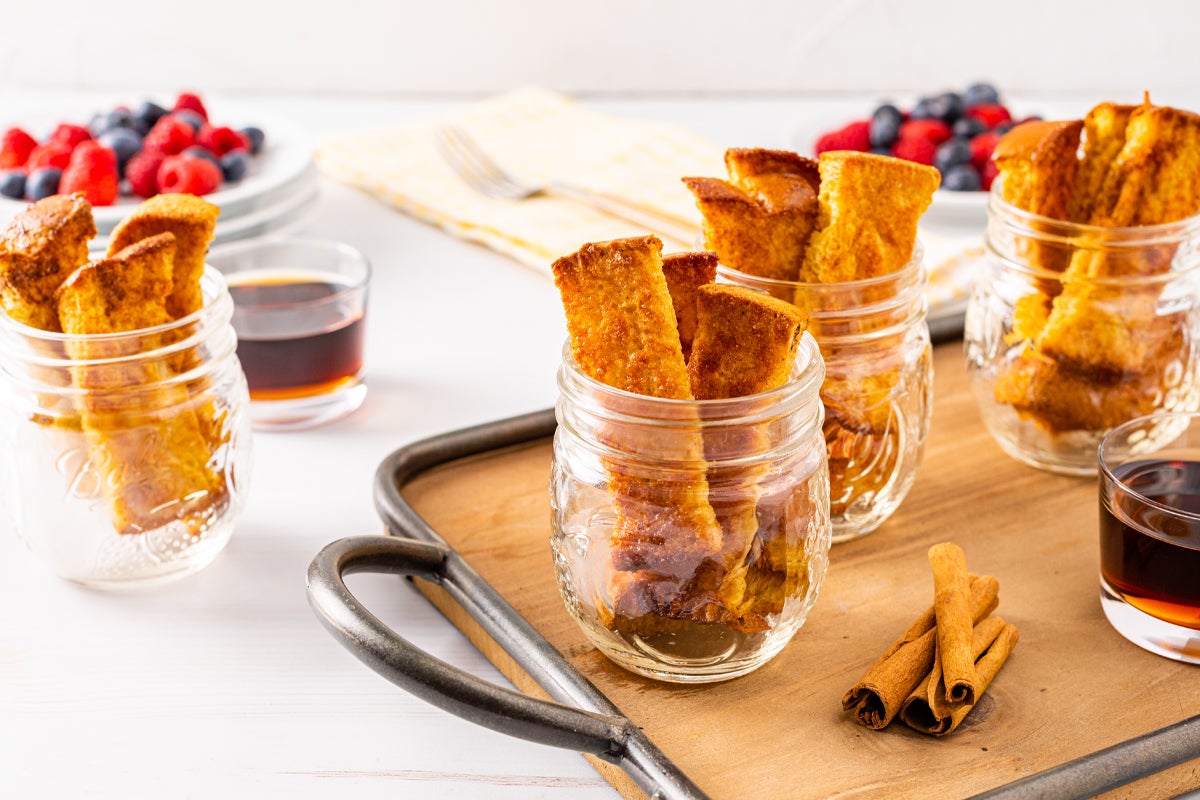
And that, of course, is good news for your long-term health.
Written by Brian Stanton, author of Keto Intermittent Fasting, a certified health coach, and a leading authority on the keto diet. Follow Brian’s work by visiting his website at brianjstanton.com.
Recipes Made with Splenda Sweeteners
Try Splenda Sweeteners
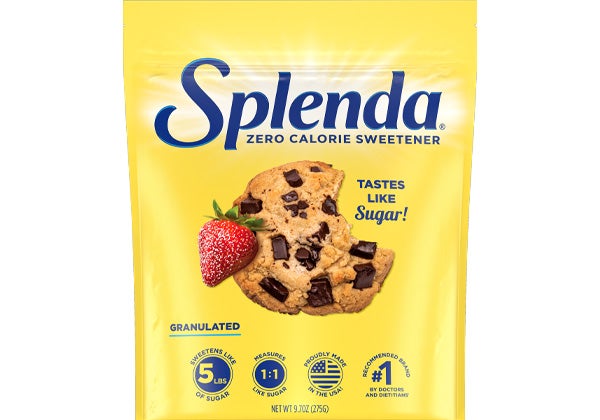
Splenda® Granulated Sweetener
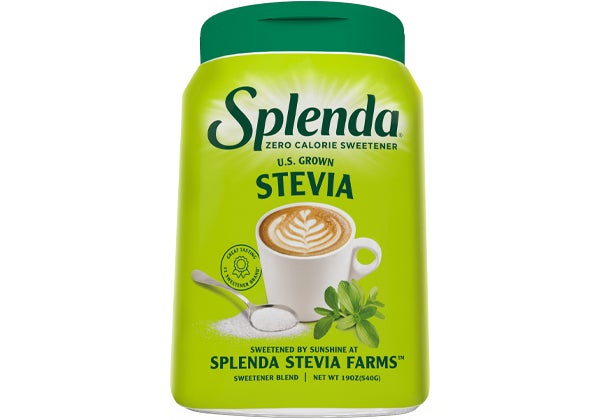
Splenda® Stevia Sweetener
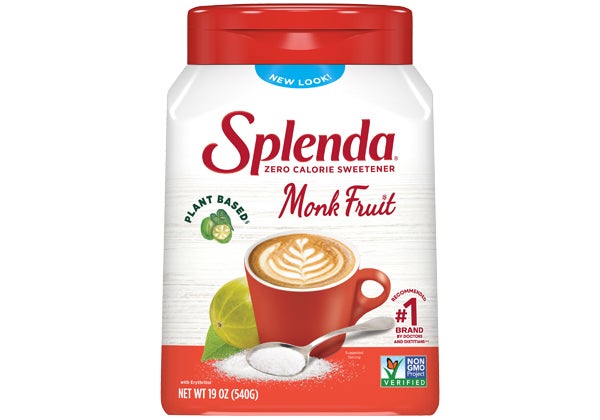
Splenda® Monk Fruit Sweetener
* The Splenda Brand Family is the sweetener brand recommended most by healthcare professionals clinically treating patients

